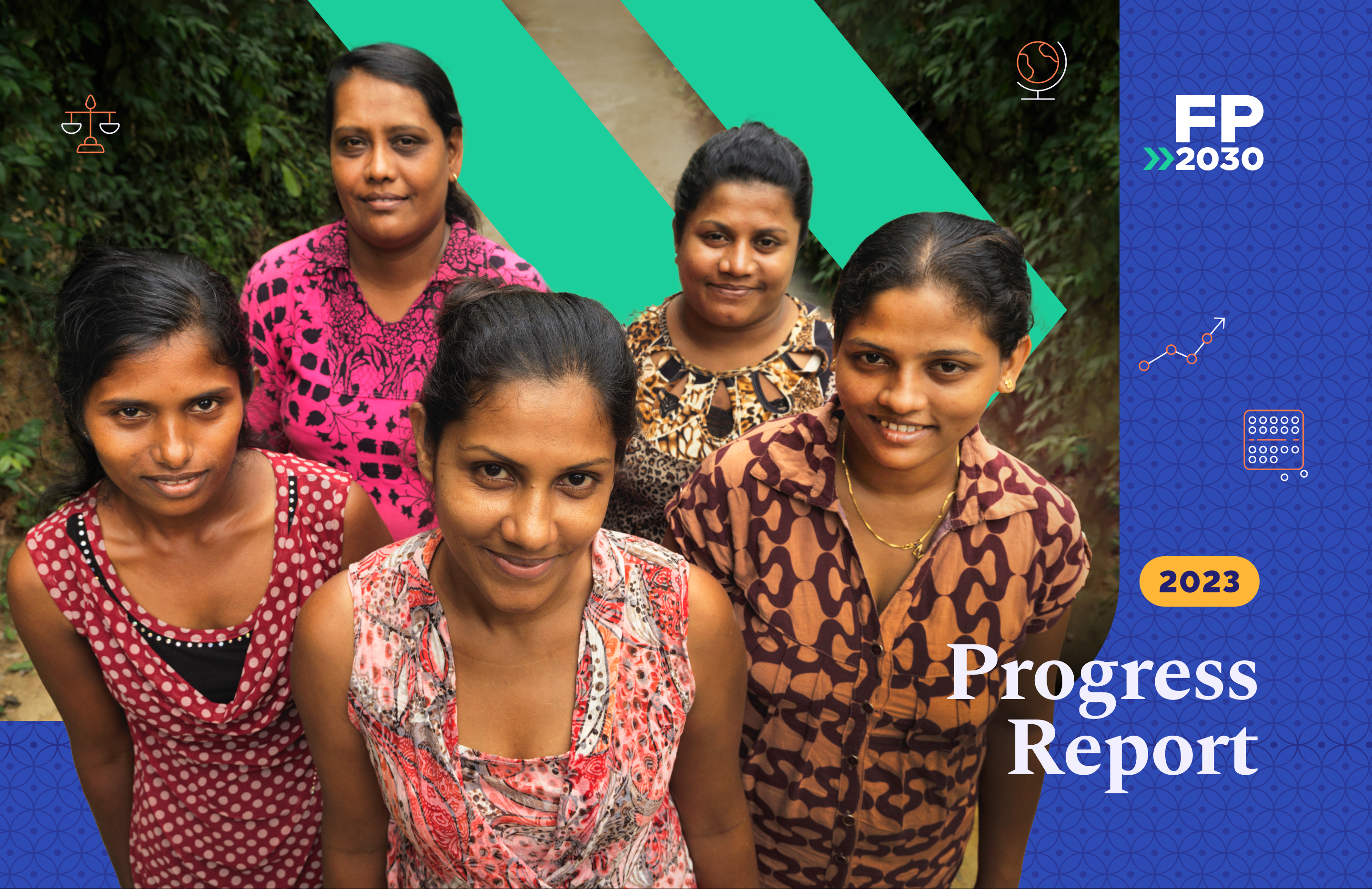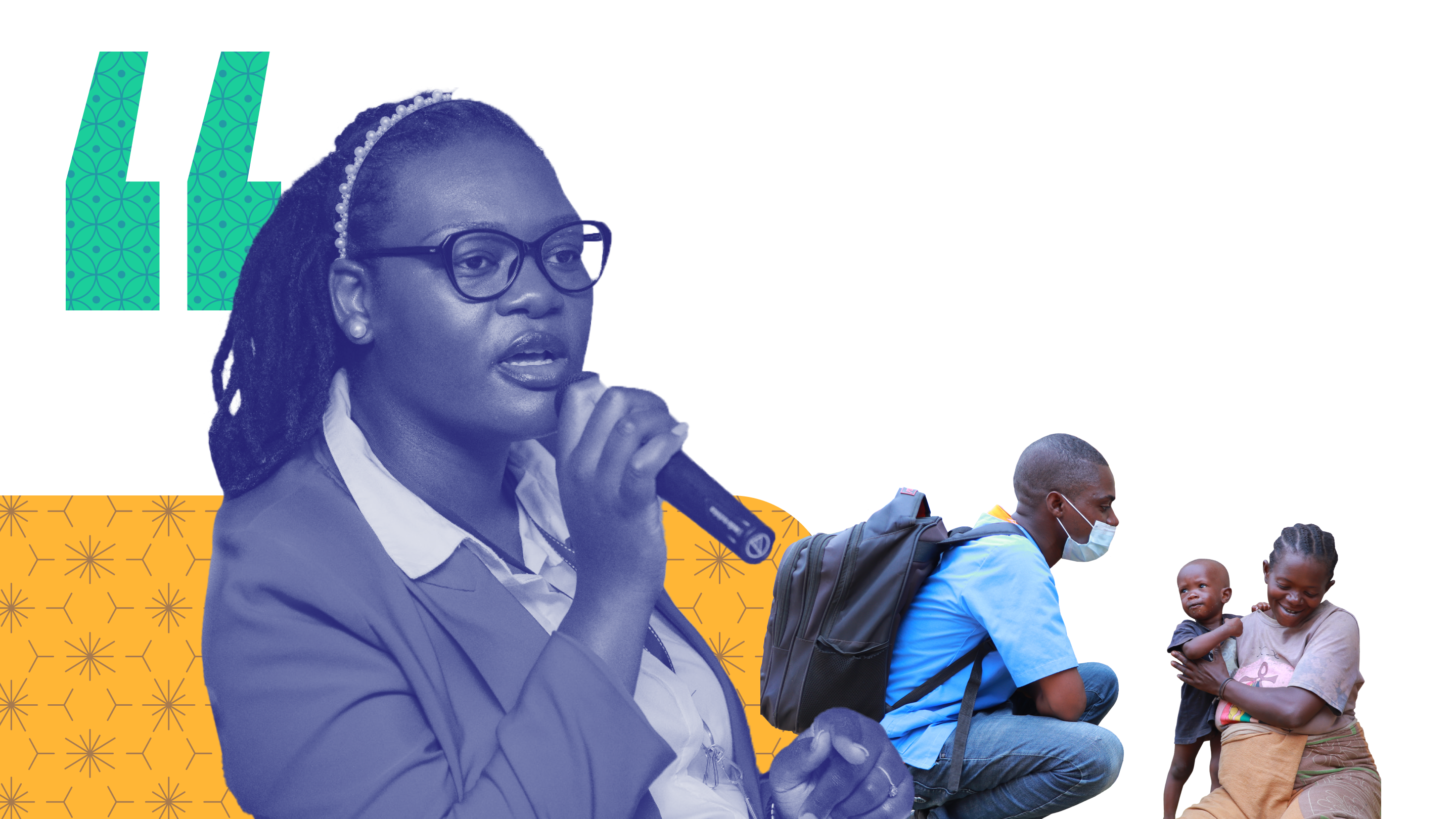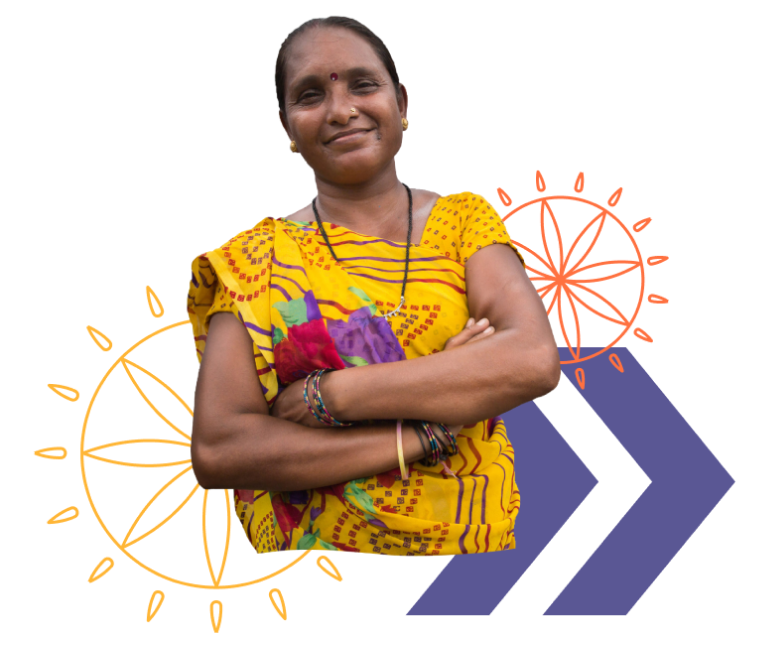
Meeting the Moment
This report comes at a critical time in our movement.
We’re at the intersection of several crises
Globally, 800 women are dying every day in childbirth. 218 million women in low- and middle- income countries have an unmet need for modern contraception — meaning they want to avoid a pregnancy but are not using a modern method. Women are already bearing the brunt of our changing climate as they care for their families through weather disasters, conflict over strained resources, and more. Now, research shows key metrics of gender equality are eroding with an estimated timeline of 132 years to attain gender equality if we continue at the rate we have been moving – an unacceptably slow pace. And because of gendered power dynamics, funding for family planning globally remains deprioritized, difficult to secure, and overly politicized; amidst shrinking democratic spaces that threaten achievements in human rights.
It’s enough to make many global leaders throw their hands up and decide to focus their attention – and their resources – elsewhere. But that would be a mistake of colossal proportions, and it’s one the world can’t afford for us to make.
Measurement
Meeting the Moment: Family Planning and Gender Equality
Until women are able to decide for themselves what happens to their own bodies, gender equality will remain an unreachable dream.
Partnership
The Power of Partnership
We’re shifting power within family planning, amplifying the voice and impact of those who best understand their local contexts. Hear from our partners as they share stories about their work and their role in the global movement to ensure family planning access for all.

MEASUREMENT
2022 Measurement Report

Measurement
Until women are able to decide for themselves what happens to their own bodies, gender equality will remain an unreachable dream.
Partnership
Through the power of partnership, FP2030 is catalyzing a movement for social change.